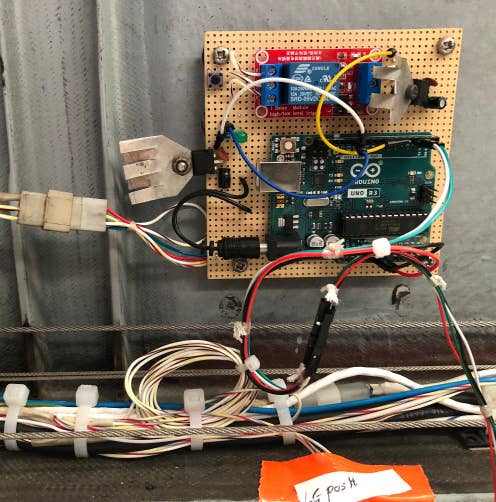The buyers agreement for the Icon A5 has received criticism for a number of issues. Icon
Icon Aircraft says its controversial customer agreement — a 40-page document that the first 100 buyers of the A5 light sport amphibian will be required to sign before taking delivery of their new airplanes — was really all about limiting the effects of crippling product liability, which the company says has negatively impacted the general aviation industry for decades.
But the customer outcry has been loud enough that Icon now says it may modify the purchase agreement to soften some of the more draconian requirements of the contract.
“We hear you — loud and clear,” Icon founder and CEO Kirk Hawkins wrote in an open letter released after an uproar at Sun ‘n Fun last week when customers loudly complained about the customer agreement, which includes language that seeks to prevent A5 buyers from suing Icon, requires factory training in the A5, limits the life of the airplane to 30 years, requires installation of flight data recorders and cockpit cameras and mandates all maintenance be performed only by Icon-approved shops.
The controversy erupted when the customer agreement was leaked to the aviation press in late March. Icon by and large sought to ignore a barrage of negative blog posts, but by the start of Sun ‘n Fun in Lakeland, Florida, the Icon contract had become the talk of the show.
The media coverage to date has been decidedly one-sided against Icon, although the aviation press might argue that’s only because Icon to this point has refused to talk. With its open letter, however, Icon is seeking to explain its thought process behind the purchase agreement and quell the uproar.
According to the letter, which was signed by Hawkins and the Icon Team: “The purchase agreement has two fundamental objectives: (1) vigorously promote safety and responsible flying and (2) directly address the GA product liability crisis. The problem of safety-related product liability is massive, lurks well below the surface and must be addressed.”
Bowing to customer pressure, Hawkins conceded that the agreement may have gone too far. “If we need to improve our contract to help safely grow our industry,” he wrote, “we will."

Sign-up for newsletters & special offers!
Get the latest FLYING stories & special offers delivered directly to your inbox






